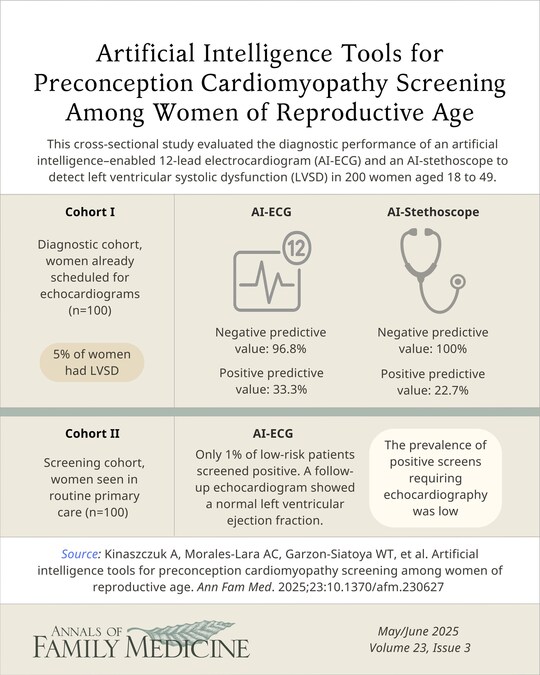
Four original research articles recently published in the Annals of Family Medicine highlight the growing role of digital tools in improving early diagnosis and patient care within primary healthcare settings. The studies demonstrate how innovative technologies are being tested and integrated into everyday medical practice to enhance clinical decision-making and patient outcomes.
The research investigates a variety of digital health applications, including automated screening systems, remote monitoring devices, and improved data-sharing platforms. These tools aim to support better identification of health issues at earlier stages, boost care coordination, and enable clinicians to deliver more personalized treatment plans.
The findings suggest that while digital tools hold significant promise, successful implementation requires thoughtful integration with existing workflows, provider training, and patient engagement strategies. The studies underscore the importance of continued evaluation and collaboration between health technology developers, clinicians, and patients to optimize the benefits of digital innovation in family medicine.
The publication of these articles marks a step forward in the primary care community’s understanding of how digital solutions can assist in early diagnosis and better patient management, contributing to overall improvements in public health.
Source: https:// – Courtesy of the original publisher.








